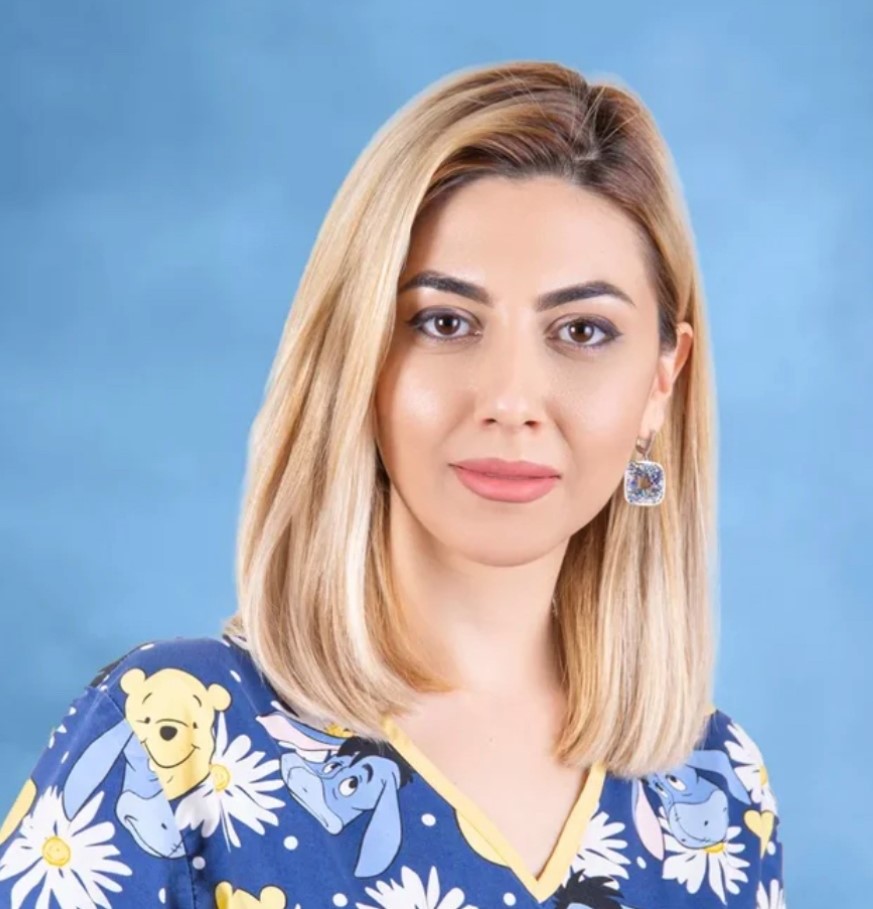Podcast-Abnormal Uterine Bleeding
Learning Objectives
At the end of this episode, participants should be able to:
- Identify the normal variation patterns of adolescent menstrual cycles
- Describe common approaches to using hormonal therapy for abnormal uterine bleeding
- Recognize when lab analysis and/or imaging may be warranted in an adolescent with menstrual irregularities
Intended Audience:
This online course is designed for pediatricians, family physicians, nurses, pediatric gynecologists, as well as other health care providers and managers.
Abstract:
In this episode, we hear from Dr. Diane Tanaka about abnormal uterine bleeding, when any workup should be considered, and how to manage cases. Then in the second half of the episode we hear from Dr. Nelly Aleyan about her practice in Yerevan and her approach to treatment.
Assessment and Earning CME Credit:
This course in English is not CME-accredited. However, it provides valuable educational content that can enhance your knowledge and skills in the subject matter. To receive CME credit for this course in Armenia, you must take the course in Armenian and complete the post-course quiz. You have three chances to achieve a passing score of 70%. Once you pass the quiz, we will send your information to the Armenian Ministry of Health for credits.

Dr. Diane Tanaka
Dr. Diane Tanaka is an Associate Professor of Pediatrics, Clinician-Educator. She is a native of Los Angeles and earned her medical degree from UC Davis. She completed her pediatric residency at Cedars-Sinai Medical Center in Los Angeles and her adolescent medicine fellowship at Children’s Hospital of Los Angeles. For over 20 years, Dr. Tanaka has dedicated her career to providing innovative evidence-based medical care to adolescents and young adults. She delivers trauma-informed care to youth living with complex biopsychosocial issues, including youth living with complex medical conditions and marginalized youth. Dr. Tanaka is the medical director of the Teenage and Young Adult Health Center at Children’s Hospital of LA.

Dr. Nelly Gurgen Aleyan
Dr. Nelly Gurgen Aleyan specializes in pediatric gynecology at the “Arabkir” Institute of Children and Adolescent Health, Yerevan, Armenia. She joined the Institute in 2015. In 2016 she received a qualification in pediatric gynecology from Sechenov Moscow State Medical University. From 2011-to 2015 Nelly did her residency program at the Yerevan State Medical University named after Mkhitar Heratsi. She completed the residency program at the Erebuni Medical Center, which is a tertiary-level hospital. She graduated from the Faculty of General Medicine at the Yerevan State Medical University named after Mkhitar Heratsi.
